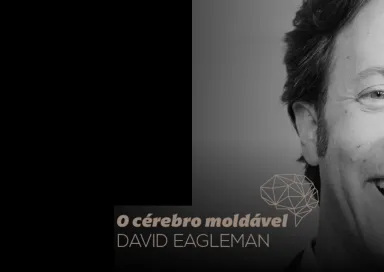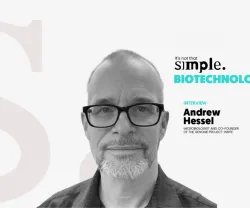The way we age, with more or less grey hair, wrinkles and diseases, is related to the length of the protective ends of our chromosomes: the telomeres. Surprisingly, the way we deal with stress and the social environment we live in influence the length of our telomeres and, with them, the number of years of healthy life we can expect.
Elissa Epel, a psychologist specialising in ageing and obesity at the University of California, San Francisco, participates in a digital conversation about the relationship between stress, genetics and ageing.
With commentary from Elsa Logarinho, a researcher in the genetics of ageing at the Institute for Research and Innovation in Health (i3S). Moderated by journalist Vasco Trigo.
A digital conference for Science and Education Month 2020.
14

Every year, we dedicate a month to science and education. We hold interviews and debates with leading international and national figures, who bring the latest scientific research and learning news to the public. Everything is covered, from the universe to biology, from the brain to food and from reading to memory.


















